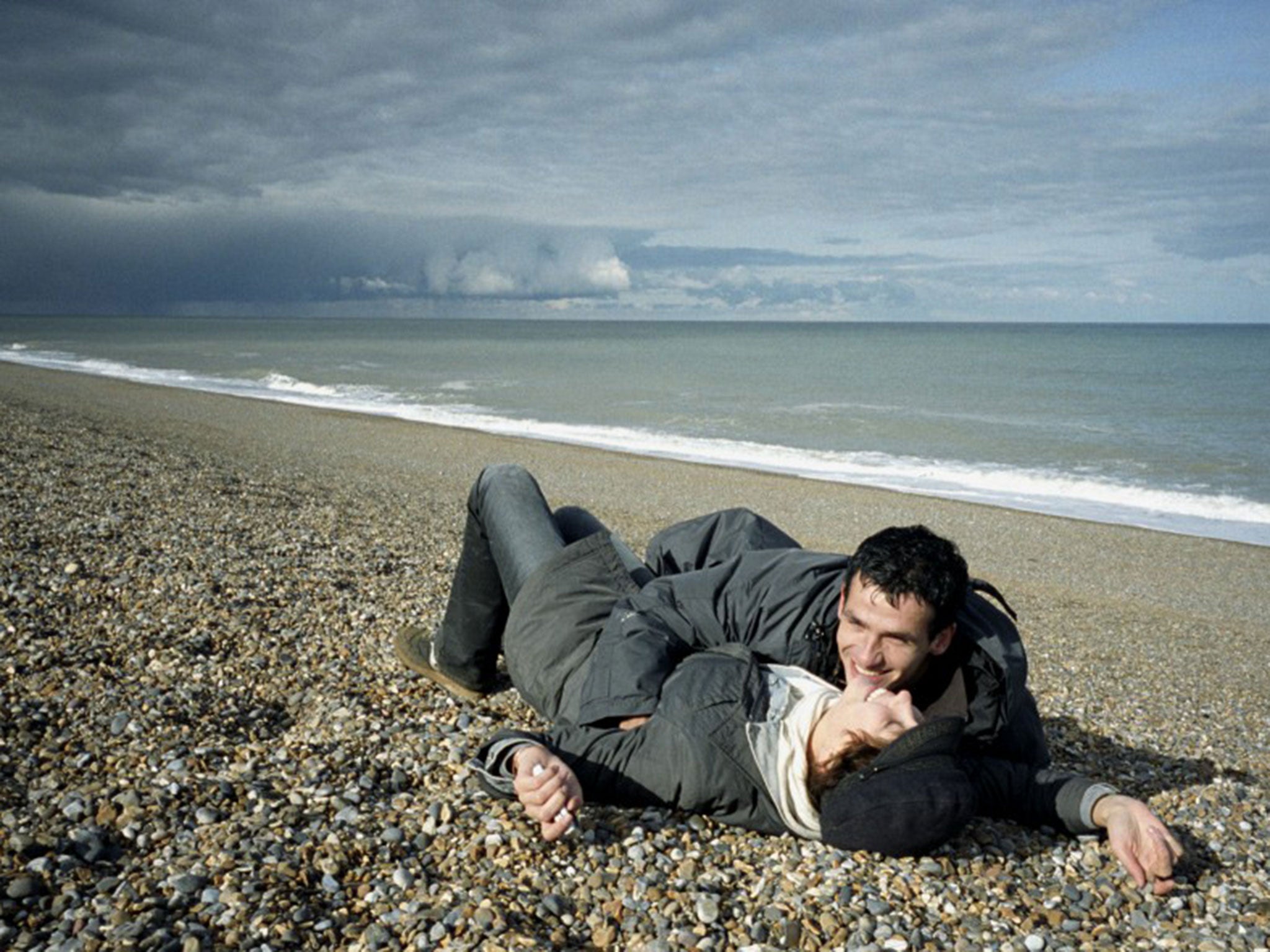BBFC head says UK's long-standing film classification system will last for decades
David Cooke says new platforms like Netflix and Amazon Prime are actively seeking out age-related guidance for viewers

Your support helps us to tell the story
From reproductive rights to climate change to Big Tech, The Independent is on the ground when the story is developing. Whether it's investigating the financials of Elon Musk's pro-Trump PAC or producing our latest documentary, 'The A Word', which shines a light on the American women fighting for reproductive rights, we know how important it is to parse out the facts from the messaging.
At such a critical moment in US history, we need reporters on the ground. Your donation allows us to keep sending journalists to speak to both sides of the story.
The Independent is trusted by Americans across the entire political spectrum. And unlike many other quality news outlets, we choose not to lock Americans out of our reporting and analysis with paywalls. We believe quality journalism should be available to everyone, paid for by those who can afford it.
Your support makes all the difference.Britain’s long-standing film classification system will last for decades as new platforms like Netflix and Amazon Prime actively seek out age-related guidance for viewers, Britain’s chief “censor” has claimed.
The head of the British Board of Film Classification (BBFC) feared for the body’s future in the digital age five years ago, but says it is now inundated with voluntary ratings requests from new streaming services.
“I took quite seriously the argument made a few years ago that we would be put out of business by the migration of all our work to areas where we had no statutory powers,” David Cooke told The Independent has he prepares hang up his censors’ scissors after 12 years in the role.
“Instead, we’ve found with the proliferation of channels there’s more of a need for a trusted guide. It has taken us into fascinating new areas.”
The BBFC has already expanded to cover on-demands services like Netflix and Amazon Prime, as well as provide guidelines for mobile phone companies. In future it may also be involved with classifying “user-generated” sites like YouTube and the Government’s proposed controls on access to pornographic content online.

A tradition at the BBFC was for an outgoing director to leave a “hot potato” for their successor, but assistant BBFC director David Austin, who replaces Mr Cooke in March, can breathe easy. So far there is no such film awaiting classification.
For Mr Cooke it was 9 Songs. The film directed by Michael Winterbottom featured explicit sex scenes, and the new BBFC director walked into a minor media storm. “I found it really nerve-wracking to deal with early on,” he said. “Some things you have to live though to get confidence.”
Four years later, the BBFC – and Mr Cooke personally – found themselves under fire over the 12A certificate given to The Dark Knight. As viewers, and the Daily Mail, complained that it deserved a higher certification, it became is the most complained about film under the director’s tenure, generating 364 letters. “I could see why people reacted, it was quite borderline but it wasn’t out of line with a high end 12A,” Mr Cooke said.
Other films to test the 12A rating included the first Hunger Games movie. The director and writer consulted the BBFC before submitting it for classification. Upon learning it would receive a 15 certificate, they trimmed some scenes and darkened others using CGI.
“There was a time when the image of the censor with the scissors was not too far from the truth,” Mr Cooke said. “By the time I started, we had the position that we would say what the problem was but we would leave it to the filmmaker to decide how to address it. It didn’t have to be a physical cut, it could be obscuring.”

BBFC guidelines are drawn up with the input of the public, and every four or five year a consultation goes out to 10,000 people to update them. The most recent survey published in 2014 said the public wanted the classification body to pay attention to the psychological impact of horror and the sexualisation of girls.
Mr Cooke has not been desensitised himself after more than a decade in the job, he said. “I still see films with my wife for pleasure at the weekend. You can train yourself to watch films in different ways.”
Join our commenting forum
Join thought-provoking conversations, follow other Independent readers and see their replies
Comments